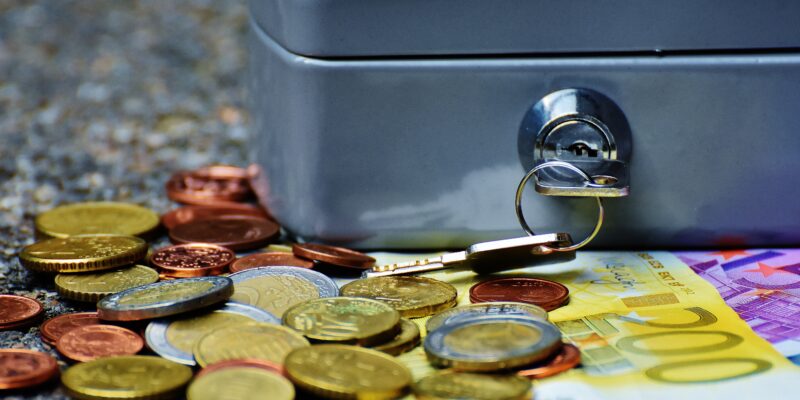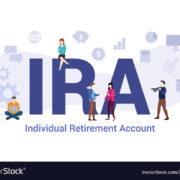
In general, an emergency fund is specific and personalized to you.
1. General information for a emergency fund
The amount of emergency fund you need can vary depending on several factors, including your monthly expenses, income, job security, and the number of dependents you have. Generally, financial experts recommend having at least three to six months’ worth of living expenses saved in an emergency fund to protect against unexpected events such as job loss or medical emergencies. However, some experts suggest having up to a year’s worth of living expenses saved in an emergency fund to provide even more financial security. To determine how much emergency fund you need, it’s a good idea to calculate your monthly expenses and multiply that number by the recommended number of months of living expenses you should have saved up. For example, if your monthly expenses are $3,000 and you want to have six months’ worth of living expenses saved up, you would need to have at least $18,000 in your emergency fund.
2. Length of recent recessions
The length of a recession can vary and is influenced by several factors such as the severity of the economic downturn, government policies, and the effectiveness of economic stimulus measures. The duration of a recession can range from a few months to several years. According to the National Bureau of Economic Research (NBER), which is responsible for officially declaring when a recession has occurred, the average length of a recession in the United States is around 11 months. However, some recessions have lasted longer, such as the Great Recession which began in 2008 and lasted for 18 months. It is important to note that predicting the duration of a recession is challenging and can depend on a variety of factors, making it difficult to determine an exact timeline.
3. Emergency fund during a recession
During a recession, it’s a good idea to evaluate your emergency fund and consider increasing it if necessary. This is because recessions can increase the likelihood of unexpected events such as job loss or a decrease in income. It’s important to have a strong financial safety net to protect yourself and your family during times of economic uncertainty.
If you have not yet established an emergency fund, it’s recommended to start building one as soon as possible, regardless of the state of the economy. Aim to save at least three to six months’ worth of living expenses in your emergency fund.
If you already have an emergency fund, consider whether it is sufficient to cover your expenses in the event of job loss or other unexpected events. If your current fund is not enough, consider increasing your savings goal to provide additional financial security during a recession.







